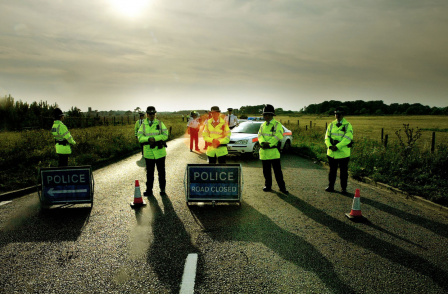
The Home Office's announcement that it will introduce measures to stop the police using RIPA to access journalists' phone records appears to be a rare victory for press freedom.
But its intervention does not answer the question: who, if anyone, gave the police the authority use RIPA in this way?
In a democracy, the police have a duty to enforce laws in the way that Parliament intended.
Parliament originally introduced RIPA to target terrorists. The police would have known that: they only had to read the government's explanatory notes In fact RIPA originally did not even grant additional powers to the police … only to the Security Service, the Secret Intelligence Service and GCHQ.
The police cannot possibly argue that Parliament had journalists in mind when it voted RIPA onto the statute book in 2000.
David Blunkett agrees. He was the Home Secretary responsible for producing the regulations that governed the way RIPA was used.
And writing in this week's Mail on Sunday, he said: "The legislation was introduced in order to confine the number of organisations and agencies whould could engage in surveillance of interception of material.
"No-one 13 years ago imagined for a moment that legislation secured through Parliamentary debate would be used to fetter the right of a free press in a democratic nation to do a responsible job."
The police now need to explain who advised them that RIPA gave them the power to usurp the existing legal protection of journalists' sources.
We also need to discover how they targeted journalists without scrutiny or accountability for so many years.
Cleland Thom runs media law refresher courses
Email pged@pressgazette.co.uk to point out mistakes, provide story tips or send in a letter for publication on our "Letters Page" blog
